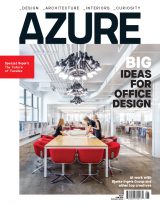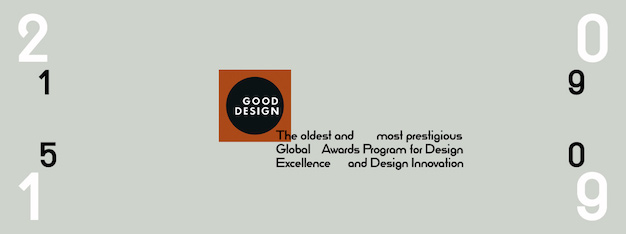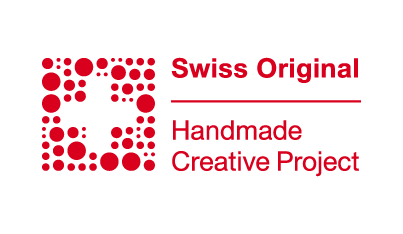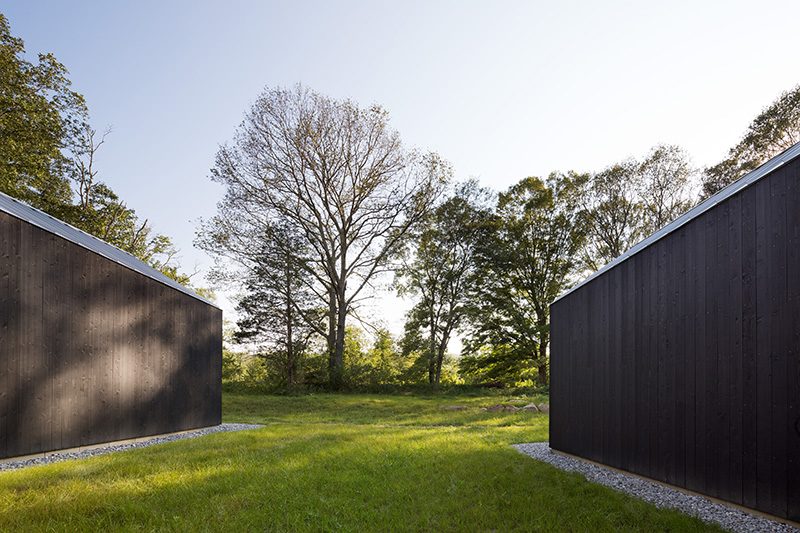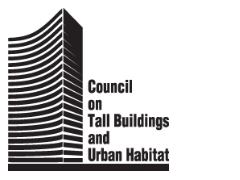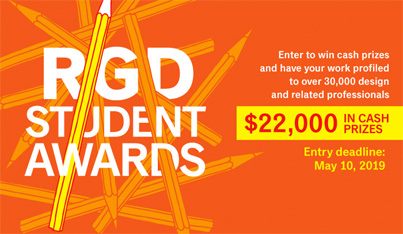
There might be several similar questions raising by time as the society moves ahead, but their contribution to today’s world cannot be disregarded without evaluating the shortcomings. Logically, schools have been the best models of education in a time when dissipation of knowledge was at its least. Setting up institutions were taken to make set standards of education to ensure learning reaches the mass. Standards, which enable the model of school could scale from a cult to a more universal entity spreading knowledge. But what if these benchmarks are threatening a school’s relevance, with no concrete solution that questions how a school should be?
The top-down, teach-and-test method, in which learning is motivated by a system of rewards and punishments rather than by curiosity or by any real desire to know, is the first place to begin the inquiry. What follows this inquiry, is the curriculum, questioning their usefulness to the vast amount of children who cannot question the authority/board. Lastly is the competitive environment that the children have to be molded into, which is eroding creative thinking.
Design brief: Devise a new form of a model school, where valuable learning and life skills could be imparted with newer forms of built environment.
Design questions:
- How existing schools can be made friendlier to these essential life skills through smaller retrofits?
- How to prepare our children with a much dependable thought process that works in tandem with our changing societies?
- How existing perceptions of pedagogy can be shaken up so schools are compelled to evolve?
- As most cities are mitigating problems with density how can schools be stacked but still not lose their means of imparting a holistic education?
